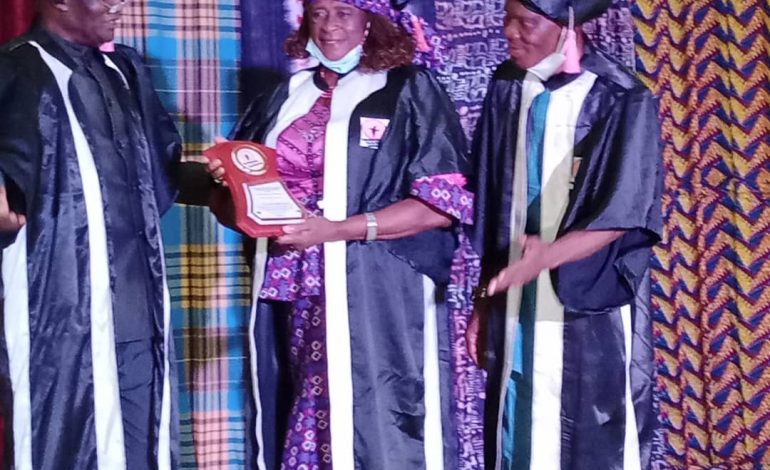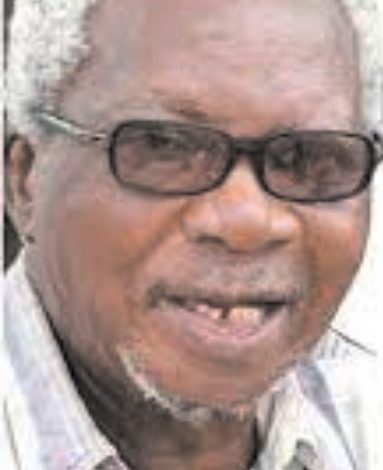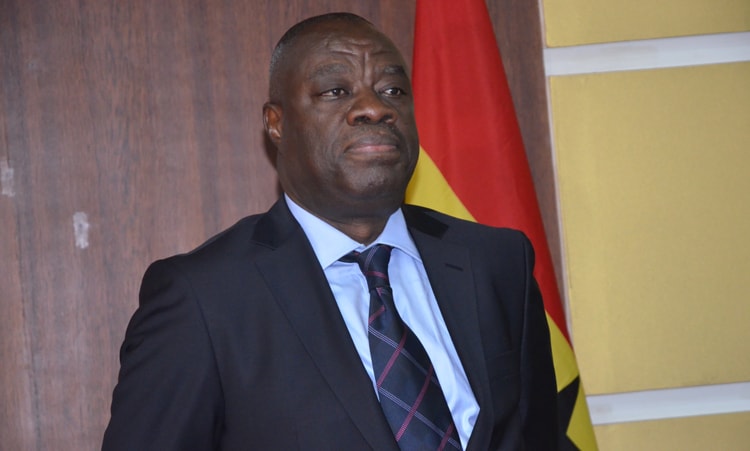‘My contribution to theatre practice in Nigeria recognized, appreciated’

WHEN the National Association of Nigerian Theatre Arts Practitioners (NANTAP) planned its National Delegate Convention for Ado-Ekiti, Ekiti State from September 16 – 18, 2021 it was designed as a 3-in-1 event, which includes the delegate conference, investiture of the body of fellows and the 30th anniversary of the association. One of the fellows whose theatre practice as scholar, playwright and actor has stood her out is Prof. Juliana Omoifo-Okoh currently the Dean, Faculty of Humanity, Social and Management Sciences at Edwin Clark University, Kiagbodo, Delta State after she retired from the University of Port Harcourt, where she spent of most of her academic years.
Omoifo-Okoh’s commitment to feminist theatre has seen her publish and produce such body of works as Mask (1988), The Mannequins (1997), Edewede (2000), In The Fullness of Time (2000), Aisha (2005), Closed Doors (2007), The Trials (2008), Our Wife Forever (2010), Cry For Democracy (2014), and In Our Own Voices (2021).
After the investiture in Ado-Ekiti, an ecstatic Omoifo-Okoh said, “To me it is a great honour. It means my modicum contribution to theatre practice in Nigeria is recognized and appreciated. It has given me more zeal to write and produce more drama. To be on a National platform of that magnitude is a kind of exposure. I believe more Nigerians will be curious to read about my plays. If so, I will be touching the minds of more audience.”

Omoifo-Okoh’s fidelity to feminist theatre practice that seeks to liberate women from myriads of cultural strictures that society constructed to hold women down is legendary. And she says her recognition and endorsement by her colleagues at Ado-Ekiti is a testament to the validity of her position that society needs to open up the space for more women’s participation in all spheres of life as equal partners for the progress that continues to elude society, almost as punishment for the exclusion women suffer.
According to her, “It has been my aim to be able to touch and change the mindset of Nigerians concerning their conceptualization of womanhood. God created man and woman in his own image to be equal partners in the sea of life. But society created structures designed to subdue and relegate women to an inferior position. They are taught to be docile, subservient, prude and dependent. Values that culminate in their disempowerment and dependency. But, in contemporary 21st century, Nigerian women need empowerment and liberty to choose and act on their free will. They need to repudiate all those inimical cultural elements that tend to obstruct their progress and advancement.
“Certainly, some Nigerian women are occupying managerial positions in different fields, but these are only a handful. The majority of Nigerian women are still tied down by retrogressive cultural elements. These women need conscientisation. They need to be told that they are not inferior creatures. They are not destined to occupy inferior position in the home or in society. Given equal opportunities with men, women can also assert themselves and contribute to the development and progress of society. That is why i write mostly about women’ s issues, issues that tend to impede women’s self actualisation and fulfillment.
“For example traditions such as widow-hood rites and rituals, female circumcision, forced marriage, forced celibacy, male child syndrome, discrimination against the girl child, discrimination against women in general are still practised in many communities in contemporary Nigeria. I believe that the theatre is a very potent weapon for advocating against the aforementioned inimical cultural practices. I hope more Nigerians will get to watch or read my plays and reflect seriously about issues discussed therein.”
Omoifo-Okoh’s resume reads like a book on its own after going far and wide to obtain her golden fleece, so she could be better prepared to serve her society in an area of dramatic interest she believes her society needs her special skills: A theatre artist, social activist and educationist, obtained her BA degree from Loyola University, Chicago, U.S., MA from the University of Alberta, Edmonton, Canada, DEA and PhD degrees from the University of Bordeaux III, France. Her one year Fulbright Scholarship Award, spent at Smith College, Northampton, U.S., enabled her to study Feminist Theatre. She has taught courses in Dramatic Theory and Criticism, Theatre History, Playwriting, Comparative Literature, Feminist Theatre, Women and Cultural Studies, among others. She was instrumental in introducing Feminist Theatre and Women Studies to the theatre curriculum for BA, MA and PhD programmes at the University of Port Harcourt.
She served as the Head of Department of Theatre Arts, University of Port Harcourt (2002-2004) and the Director, Institute of Arts and Culture, UNIPORT (2011 – 2017). In 2015, she was appointed Celi & Joe Ajienka Chair for Arts & Culture, University of Port Harcourt. She has been the Dean, Faculty of Humanity, Social and Management Sciences, Edwin Clark University since 2017.
Prof. Omoifo-Okoh has supervised numerous students for BA, MA and PhD degrees in Theatre and Film Studies. She has served as an external examiner at the undergraduate level for some Nigerian universities. She has also assessed academic staff for promotion to the rank of Reader and Professor. She has been on NUC accreditation panel to some Nigerian universities since 2013.
Omoifo-Okoh is on the Editorial Board of some national and international journals. She is a member of several associations, including Society of Nigerian Theatre Artists (SONTA), Nigerian Literary Association (NLA), Association of Nigerian Female Authors (ANFA), African Literature Association (ALA) U.S., Black Theatre Networks (BTN), U.S., and Association for Women’s Rights in Development (AWID).
Omoifo-Okoh’s publications include four books 35 journal articles and 40 plays out of which 20 have been published. In the past four decades, using the medium of the theatre, she has consistently campaigned against the inimical traditional practices and injustice suffered by women in Nigeria, as evident in her plays such as Mask (1988), The Mannequins (1997), Edewede (2000), In The Fullness of Time (2000), Aisha (2005), Closed Doors (2007), The Trials (2008), Our Wife Forever (2010), Cry For Democracy (2014), In Our Own Voices (2021)
Omoifo-Okoh has contributed to the movie industry by creating a pedagogical screen-play: Who’s Afraid of Job Interview (2010). In 2020, she wrote and acted in a video film, Corona Virus is Real. In collaboration with Lancelot Imasuen, her play Edewede has been turned into movie and is currently streaming in Nigeria and abroad.
Omoifo-Okoh has won several scholarships, awards and recognitions: Who’s Who in American Colleges (1974), Totale Compagnie Francaisedes Petroles Award (1988), Senior Fulbright Scholar Award (2000), ANA/NDDC J.P. Clark Prize for Drama (2005, 2007), SONTA Life Time Achievement Award (2011), IPS Merit Award (2013), Distinguished Dramatist Award (2014) to name a few.
As the founder and chairperson of UNIPORT branch of NAWACS, Prof. Omoifo Okoh mentored the female academics of the institution by facilitating vibrant intellectual activities for the women’s group on campus, and also encouraging them to participate in international networking. As a professor of theatre arts, she has mentored several young theatre scholars and artists. And as Director of the Institute of Arts and Culture, UNIPORT (2009 – 2017), she organized workshops on playwriting for young dramatists.



